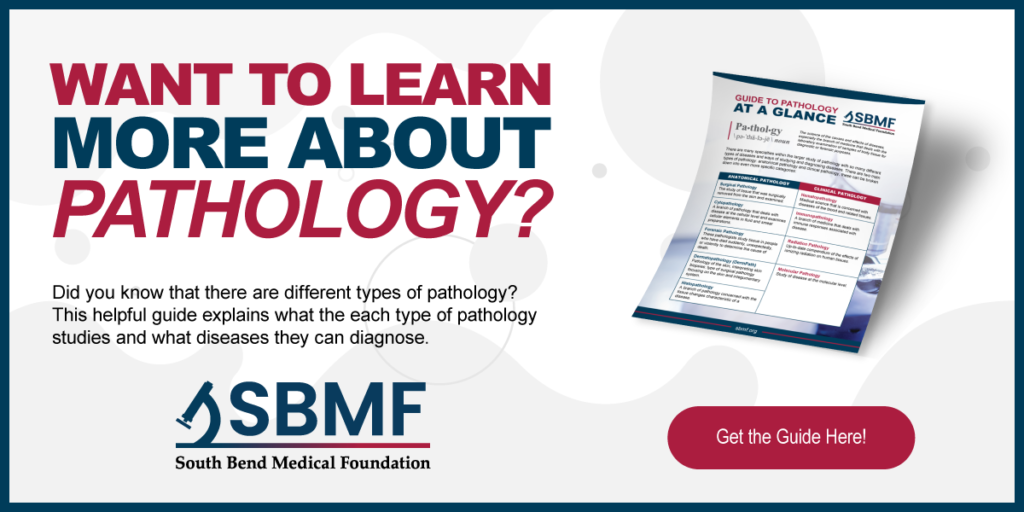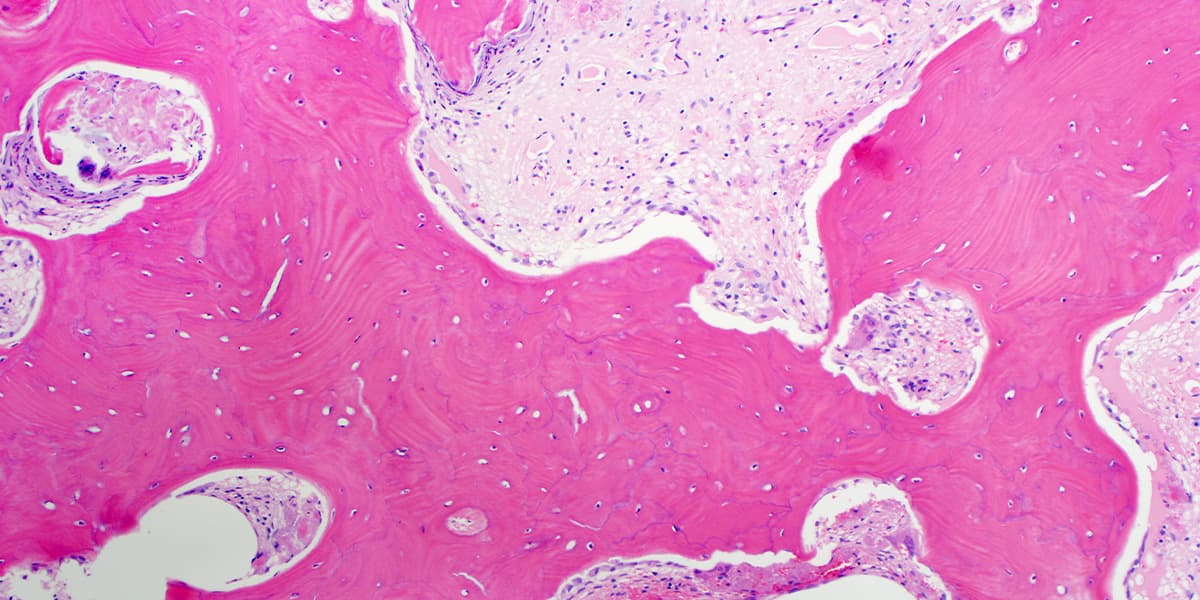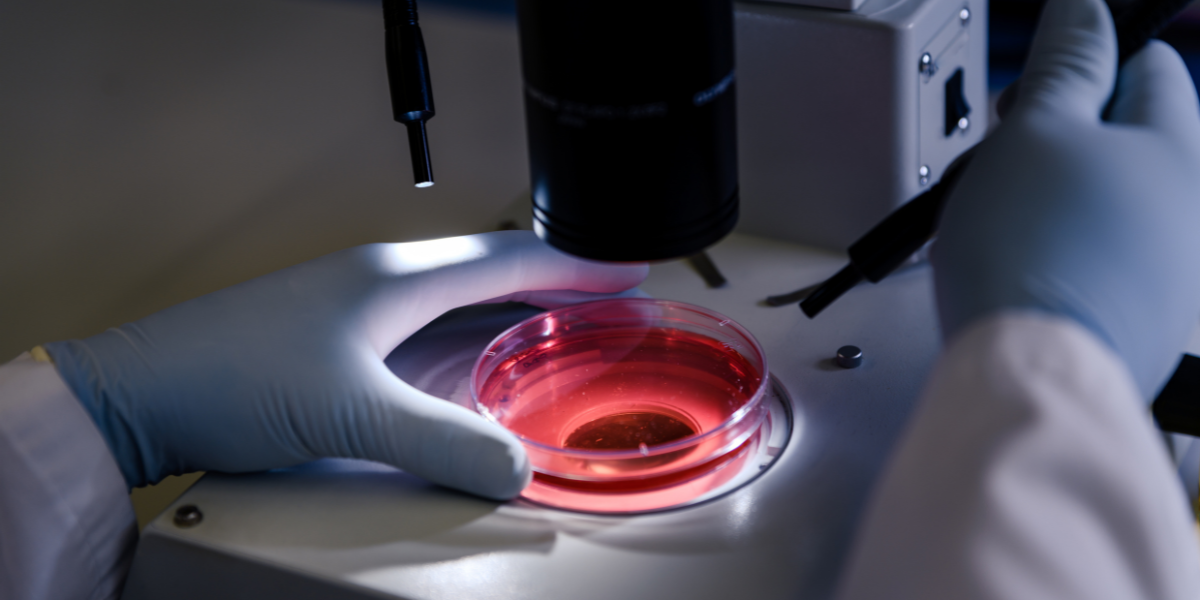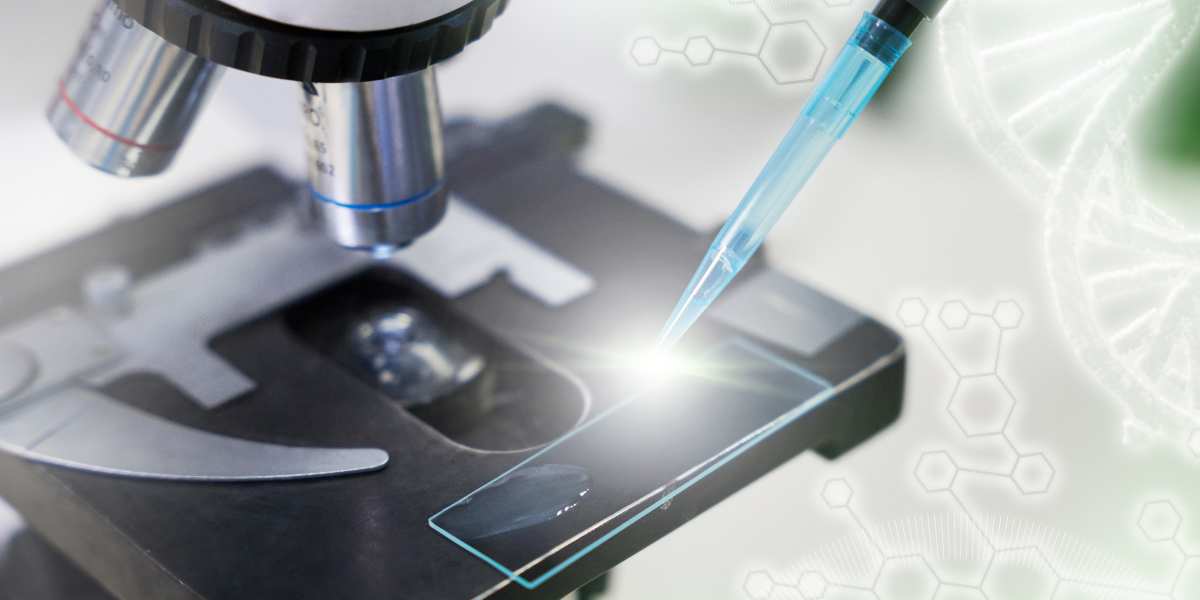Endometriosis is a common health condition affecting 10% of women between the ages of 15 and 44. This disorder occurs when tissue resembling uterine lining grows outside the uterus and on areas like the ovaries, bowel, and abdomen. The tissue can lead to painful cramps, bleeding, and stomach problems. There is no known cause of this disease, however, it’s rarely diagnosed because it’s often mistaken for normal period pain. Early detection and diagnosis are of critical importance.
Which Blood Type are You? Click Here
The Importance of Recognizing the Signs of Endometriosis
Because symptoms vary between women and are often similar to other medical conditions, endometriosis can be difficult to diagnose. If endometrium-like tissue grows outside of your uterus, it can cause serious issues. Currently, there is no cure for endometriosis, but there are treatments to help manage it. Without medical help, you may have the following complications:
- small bowel obstruction (uterine tissue grows in the intestine)
- ectopic pregnancy (fertilized egg implants outside the uterus)
- chronic pain
- infertility
- ovarian cysts
- problems with urination
The Early Signs of Endometriosis
Symptoms of endometriosis vary person-to-person; some experience no symptoms at all and only discover a problem if they have trouble with infertility. Here are some early signs of endometriosis women should be aware of:
1. Painful Menstrual Cycles
A common symptom of endometriosis is experiencing painful menstrual periods (dysmenorrhea) that can be severe and last longer than usual. The pain is severe enough that over-the-counter pain medications may not work.
2. Chronic Pain
Endometriosis can cause chronic pelvic pain, especially during ovulation or menstruation. The pain can be felt in the lower back, lower abdomen, and pelvic area.
3. Excessive Bleeding
Experiencing unusually heavy periods may also be a sign. Endometriosis may also cause bleeding between periods.
4. Pain During Sex
Pain during or after sexual intercourse can be an early symptom of endometriosis.
5. Infertility
Endometriosis can cause infertility due to scarred tissue and inflammation affecting reproductive organs.
6. Fatigue
The severity of the pain and other symptoms of endometriosis can cause fatigue or exhaustion.
7. Digestive Issues
Women with endometriosis may experience digestive issues such as bloating, nausea, diarrhea, or constipation.
8. Painful Bowel Movements or Urination
Endometriosis can cause painful bowel movements or urination due to the proximity of the pelvic organs.
How Endometriosis is Diagnosed
Diagnosing endometriosis is essential in avoiding severe complications. Here are the most common methods:
Medical history and physical exam: Your healthcare provider will ask you about your symptoms, medical history, and if you have any menstrual cycle problems. A pelvic exam will help to see if there are any abnormalities.
Imaging tests: An ultrasound may be ordered to check for any abnormal growths or cysts in the pelvic area.
Laparoscopy: A minimally invasive surgical procedure where a small camera is inserted through a tiny incision in the abdomen to allow the healthcare professional to see any endometrial tissue outside the uterus.
Lab Test and Biopsy: If endometrial tissue is found during laparoscopy, a biopsy may be taken to confirm the diagnosis.
Check with Your Healthcare Provider
If you are experiencing any of these signs of endometriosis, it is essential to talk to your healthcare provider. Endometriosis can lead to serious complications, that’s why understanding these symptoms can prevent it. If you’re concerned, talk to your doctor.





